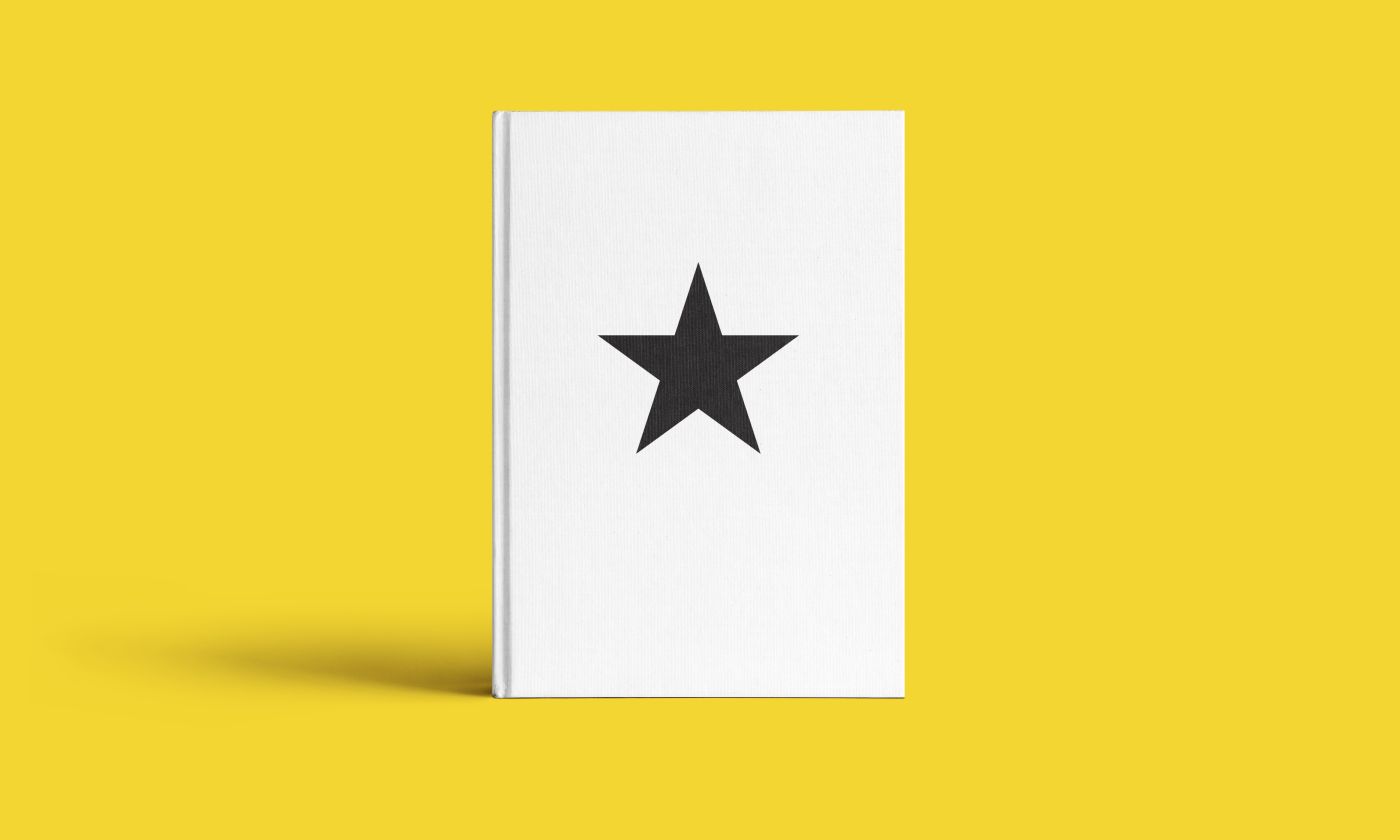As director of talent development at a consulting firm, I interview hundreds of marketers every year. They’re often bright, capable, accomplished, and well-liked by their colleagues. They all have a story to tell. But there’s one thing that sets some candidates apart from the pack: They know how to own their specific contributions. After a 30-minute interview, I walk away knowing exactly what skills they bring to the table, how they’ve demonstrated success in their work, and what roles they’d knock out of the park.
Owning our contributions isn’t always easy. Many of us focus on the big picture, and we think about collaborative, team-based success stories. We talk in terms of “we,” and we’re less comfortable with “I.” But if you’re not telling your individual story, you’re missing a big opportunity to define and own your contributions. In a job interview, the interviewer isn’t hiring your team. They’re hiring you.
Here are a few tips to make sure you shine in your next interview.
Try the STAR Method
Just talking about general achievements isn’t enough.
Consider this example: An interviewer asks what you accomplished in a past position. You answer, “At that agency, we created an absolute breakthrough program that had never been done in the industry. We won several awards and it was the highlight of my career.” This response is a pretty good story; it shows a big accomplishment and you’re obviously proud. But you don’t own it. Freelancers especially need to be able to talk about their integration with the team, but highlight your particular expertise.
Instead, use the STAR method to tell the story and the role you played. The STAR method includes 4 elements:
- Situation. What was the goal or problem you were trying to solve, and what obstacles were you working against? For example, it might be “the website wasn’t performing as well as it could.”
- Task. What were the tactics you used to achieve the goal? For the underperforming website, maybe tasks included an audit of current and lost customers, a product review, and a market analysis.
- Action: Describe the action you took, emphasizing the skills you have and where you led the way. What steps did you take and what tools did you use? Too often, this part gets lost: People love to tell their story, but don’t always take credit for their work. Don’t be shy! “I wrote new content for the key products” or “I developed new promotions to get shoppers to the cart.”
- Result: Always remember to talk about the outcome. Be as specific as possible: Sales increased by a certain percentage, cart abandonment went down by what amount, and so on. This shows exactly how your skills could work for your interviewer.
Tell ‘I’ Stories
It’s true employers are looking for team players who know how to collaborate, but in a job interview, the interviewer isn’t looking to hire your old team. They want to know what you can do, what perspectives you bring to a larger collaboration, and how your skills might fit in with others. When you talk about what you’ve done in the past, give credit to the team when it’s due, but clarify your role and involvement on the team so the interviewer better understands what you can add.
Prepare an elevator pitch about your role. For example, you might say: “I do marketing communications — at my last company, I oversaw social engagement strategy by developing a content calendar for the year and managing content generation.” We live in a 140-character world and people want answers quickly. If you can say “This is what I do and how I do it,” you make it easy for others to understand where you could fit into their organization.
Oftentimes, independents have a portfolio they can point to, but being able to speak about your relationship to the client team you joined, and your unique value-add in that mix, will help clients be able to picture you as part of their organization in the future.
Using the STAR achievement setup and paying attention to your specific role and impact will help you zero in on concrete, specific examples that give interviewers a clear picture of your skills, abilities, and experiences. You already put in the hard work of getting big wins for these projects, why not take the time to tell a good story? Practice talking about your achievements in these ways to own the contributions you can offer any new employer, and make you seem as competent, successful, and perfect for the new job as you truly are.





